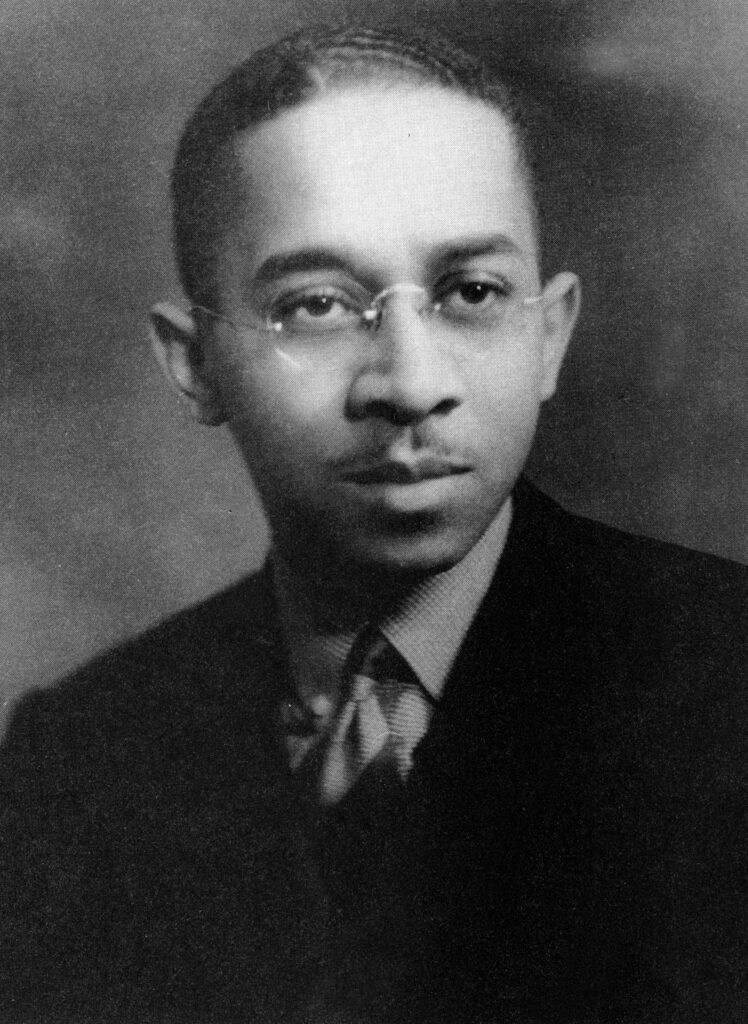
Kenneth Bancroft Clark, eminent psychologist, Distinguished Professor at the City College of New York and prize-winning author was born on July 24, 1914, in the Panama Canal Zone to Jamaican-born parents, Arthur Bancroft Clark and Miriam Hanson Clark.
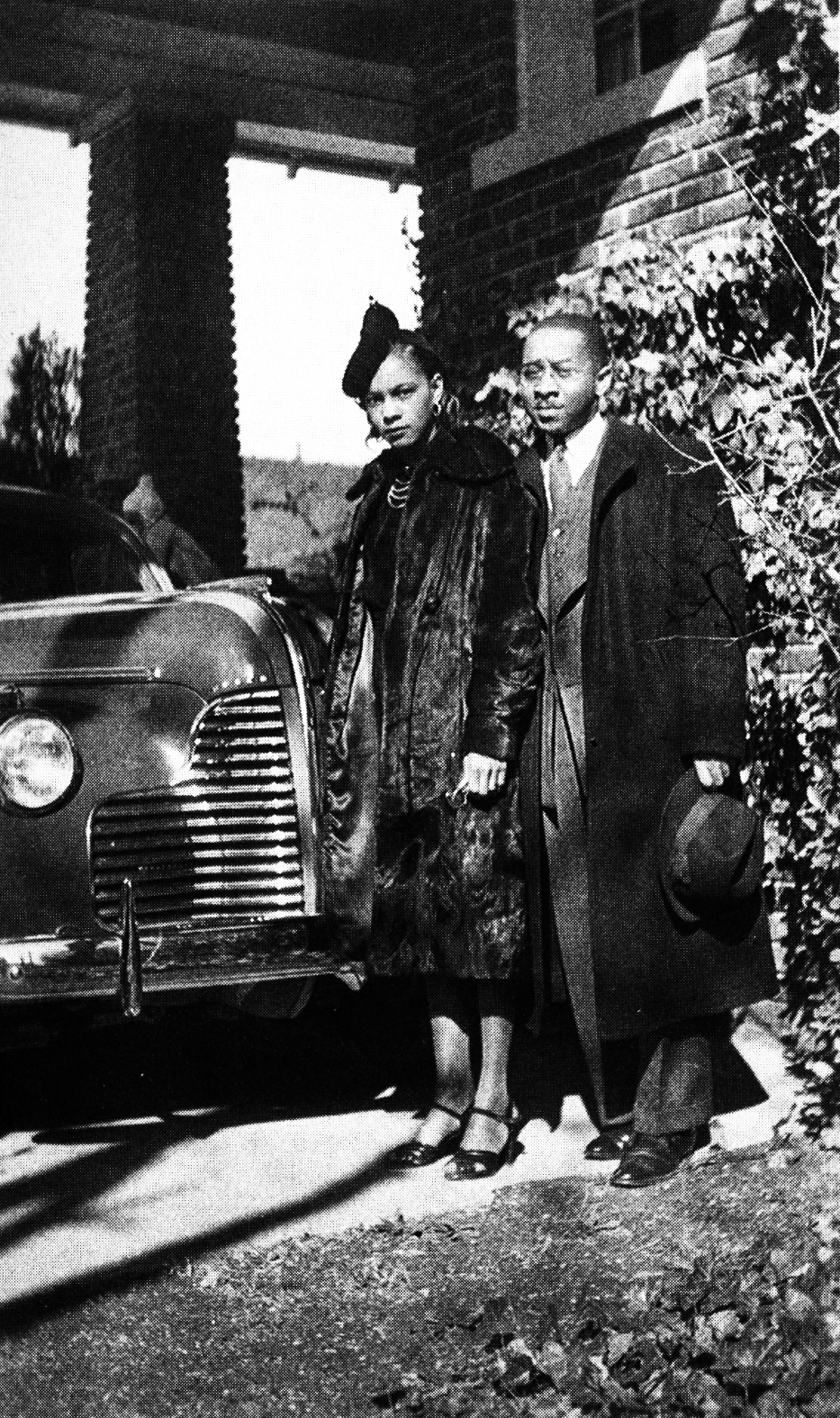
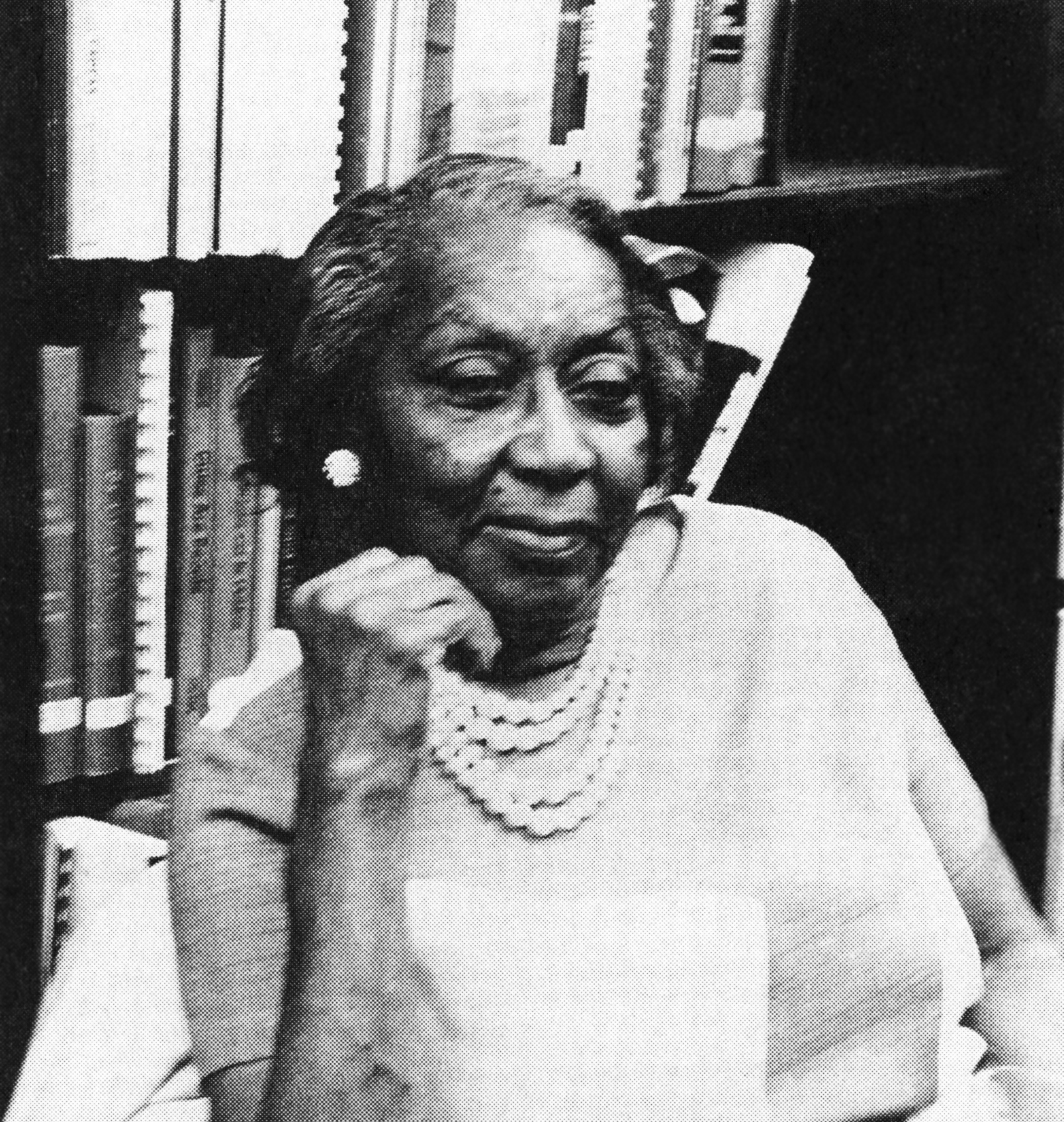
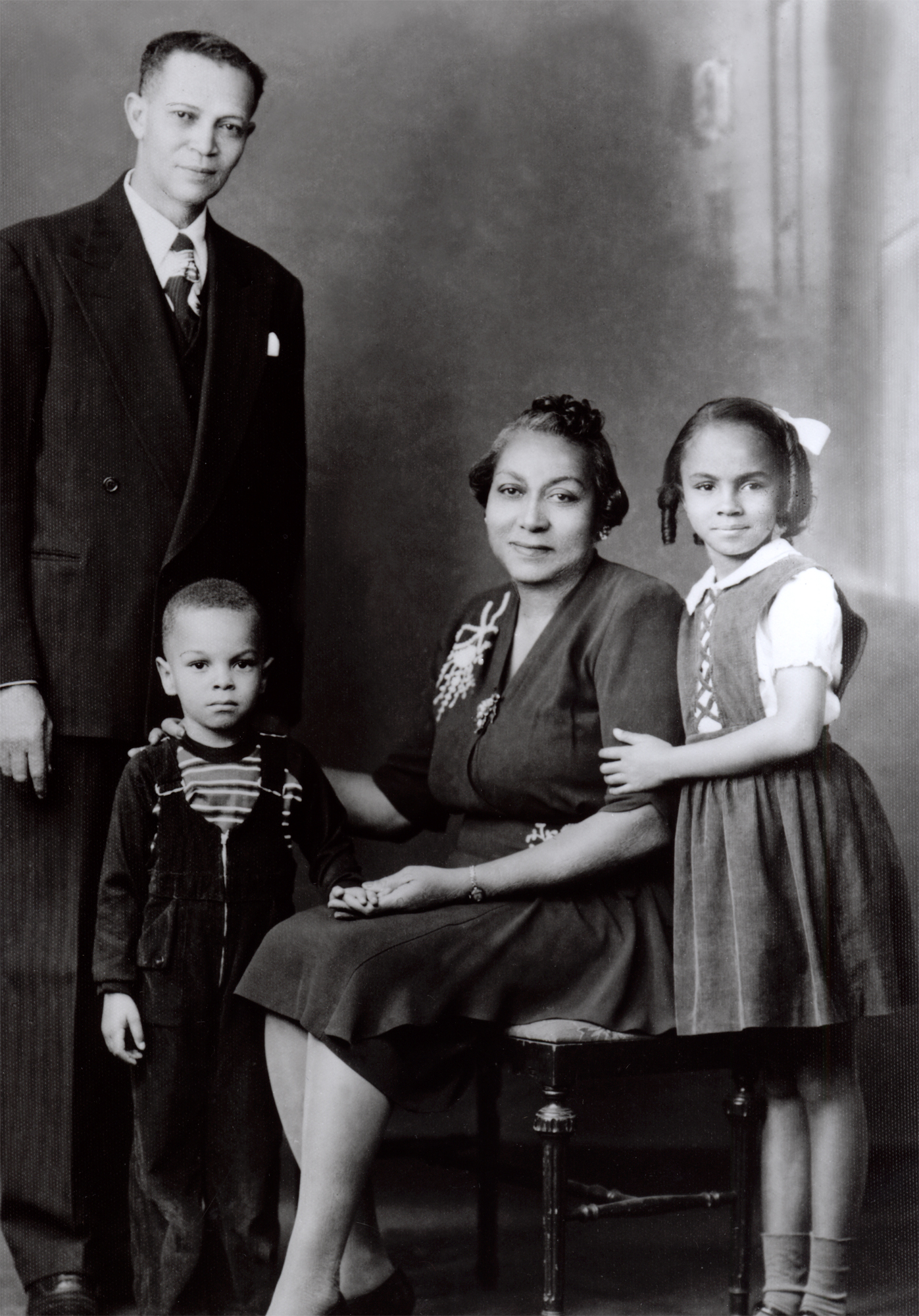
Reared in Harlem after the age of four, Clark attended P.S. 5 and P.S. 139. An excellent student in all subjects, Clark attended the prestigious George Washington College Preparatory High School in Washington Heights.
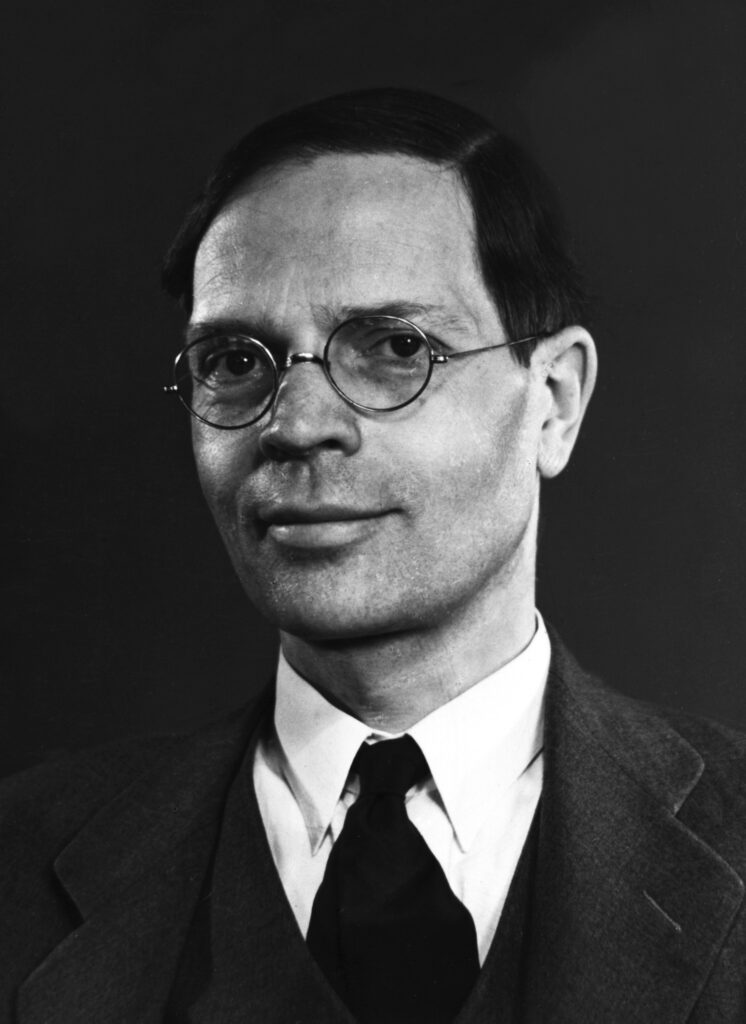
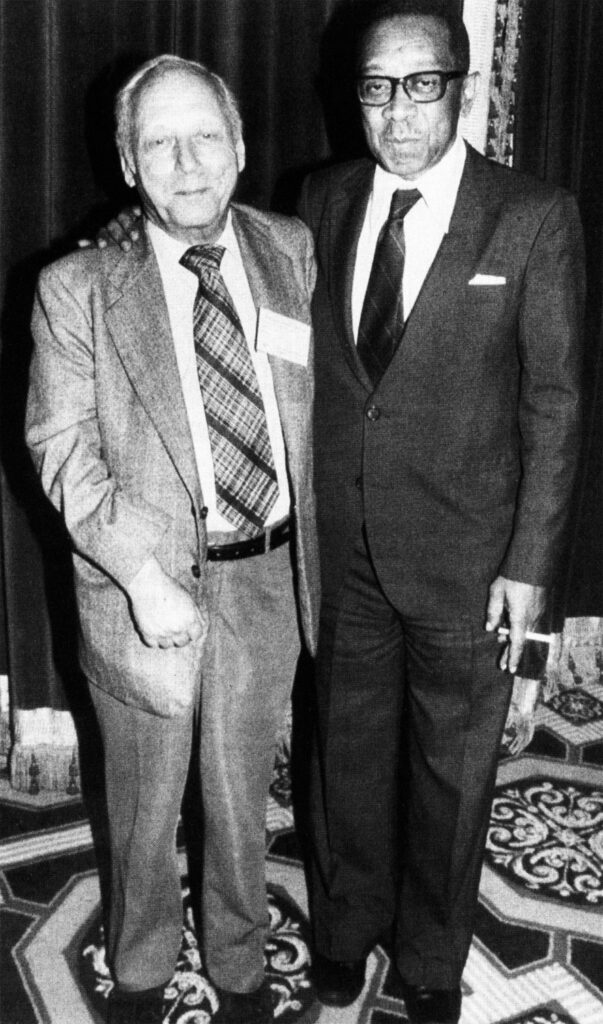
In the fall of 1931 Clark entered Howard University in Washington, D.C., certain he would become a physician. Upon taking a course with Francis Cecil Sumner, Clark discovered psychology, changed his concentration and never looked back. Among the major influences and friendships he formed at Howard were mentors Dr. Sumner, the first African American to receive a doctorate in psychology; U.N. diplomat and activist Ralph Bunche; philosopher Alain Locke; and sociologist E. Franklin Frazier.
Clark graduated Phi Beta Kappa from Howard University in 1935 with two psychology degrees—a bachelor’s and master’s, and returned to teach psychology there in 1937-1938. It was during this time at Howard that Clark met freshman student Mamie Phipps of Hot Springs, Arkansas, whom he would marry in 1938. She became his life-long collaborator and colleague studying the effects of racism on the identity and self-esteem of school children. Together they established the Northside Center for Child Development in 1946. The Clarks had two children, Kate Phipps Harris and Hilton Bancroft Clark, and were married for forty-five years, until Mamie’s death in 1983.
At the suggestion of mentor Francis Sumner and other outstanding faculty members, Clark attended Columbia University with the sole purpose of obtaining his doctorate and teaching at an integrated college. Clark graduated in 1940, becoming the first African American to earn a Ph.D. in psychology at Columbia University. As a student Clark befriended some of the greats in psychology: Otto Klineberg and Gardner Murphy.
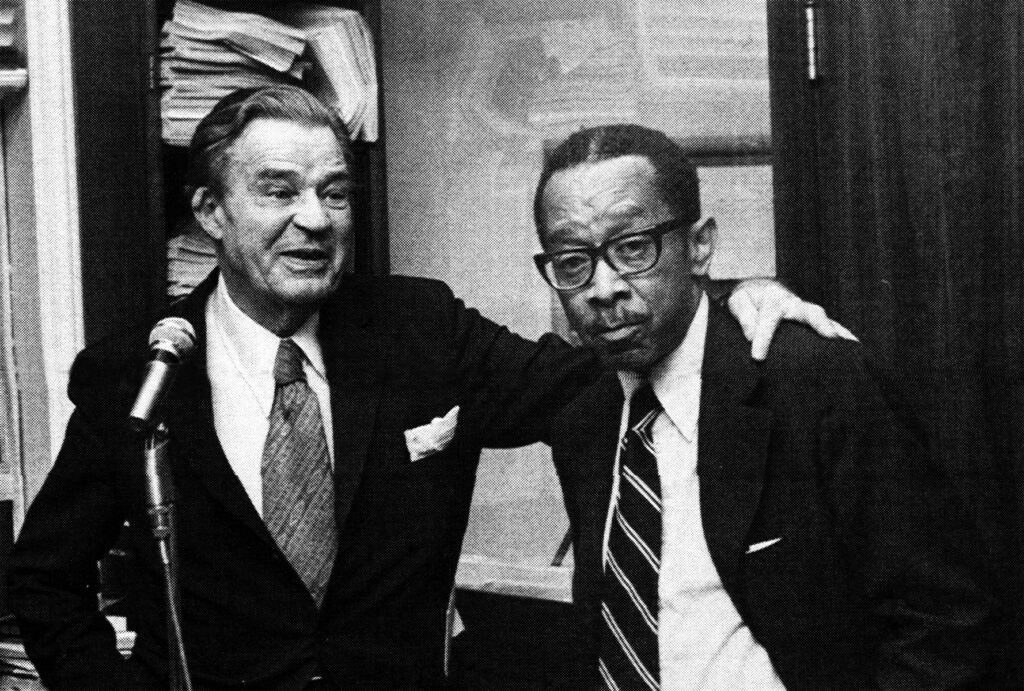
After Columbia, Dr. Clark joined the psychology department at the City College of New York as an instructor teaching evening psychology courses. After one semester at City College, Dr. Clark went to teach at Hampton Institute and then at Queens College for a semester each. Dissatisfied with both those experiences, in 1941-1942 Clark worked for the Office of War Information in Washington, D.C. to study the morale of African Americans on the home front during World Wars I and II. Returning to City College in the fall of 1942, Clark taught Social Psychology until 1975 when he retired from teaching.
Dr. Clark’s other faculty positions included visiting professorships at Columbia University, the Tuskegee Institute, the University of California at Berkeley and Harvard University.

